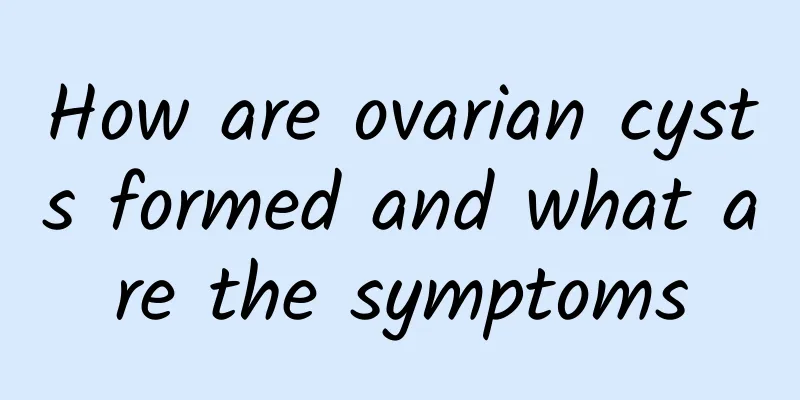How to relieve the pain of lymphadenitis in children's abdomen

|
When a child has abdominal lymphadenitis and pain, the first thing to do is to identify the cause and seek medical attention promptly to prevent potential infection or complications; under the guidance of a doctor, symptoms can be relieved through medication, improved diet and adequate rest. 1Possible causes of abdominal lymphadenitis: Abdominal lymphadenitis in children is often caused by infection, including the spread of gastrointestinal viruses, bacterial infections or pharyngitis. Bad eating habits such as overeating or indigestion may also stimulate the reactive enlargement of abdominal lymph nodes. Children with weak immunity are more susceptible to external pathogens, leading to lymphadenitis. Trauma or excessive stimulation of the abdomen is also a triggering factor that cannot be ignored. 2 Ways to Relieve Pain: 1. Drug treatment: The use of drug treatment requires that antibiotics can be used for bacterial infections, such as amoxicillin and cephalosporin antibiotics; antiviral drugs such as oseltamivir can be used to fight viruses. If significant inflammation and pain occur, the doctor may recommend the temporary use of non-steroidal anti-inflammatory drugs such as ibuprofen to relieve symptoms. 2Dietary adjustments: Ensure a light diet and avoid greasy, high-sugar, and high-fat foods to reduce gastrointestinal irritation. Prefer fruits and vegetables rich in vitamins such as carrots and apples; at the same time, ensure adequate water intake to help excrete inflammatory metabolites. 3 Physical Measures and Rest: Applying a warm towel to the abdomen can relieve pain in the area. At the same time, let the child rest in bed and avoid strenuous activities to prevent the condition from getting worse. Keeping the child's environment clean and cleaning toys and daily necessities can also speed up recovery. 3Necessity of medical treatment: When lymphadenitis causes high fever, severe abdominal pain, or other obvious discomfort, you should seek medical attention immediately; the doctor may use abdominal ultrasound or blood tests to further determine the cause and provide targeted treatment. Parents need to strengthen their children's health monitoring and infection prevention in daily life. If persistent or recurrent lymphadenitis occurs, a detailed examination should be conducted to rule out potential causes and ensure the healthy growth of the child. |
<<: How long does it take to get pregnant with an incomplete hydatidiform mole?
>>: Will there be heavy bleeding if I have an abortion at two months?
Recommend
Is it better to take Western medicine or Chinese medicine for amenorrhea?
Whether choosing Western medicine or Chinese medi...
Is it okay to have sex ten days after a medical abortion? What are the dangers?
Having sex ten days after a medical abortion may ...
Be picky about calories! 4 tips for eating healthy New Year dishes
If you don’t follow certain foods during the Spri...
What to eat for uterine fibroids
What to eat for uterine fibroids? The appearance ...
What medicine is most effective for uterine fibroids? What vegetables can eliminate uterine fibroids?
Uterine fibroids are a common benign tumor in gyn...
Sports darling! Can fitness trackers really help you lose weight?
Some people use fitness trackers as an aid to mon...
Is the endometrial thickness of 1.4cm serious?
Whether an endometrial thickness of 1.4 cm is ser...
What kind of surgery is needed to check uterine fibroids? What are the methods for checking uterine fibroids?
What kind of surgery is needed to check for uteri...
How to care during the treatment of cervical warts
Nowadays people are under great pressure in life,...
What are the postoperative care methods for adnexitis
Adnexitis is a common gynecological disease in wo...
Western medicine treatment of bleeding after abortion
Vaginal bleeding after artificial abortion lasts ...
Reverse aging! 8 nutrients you must eat to fight aging
Aging is a natural process, but why do some peopl...
Thread embedding for weight loss is popular, and Western medicine is also included in the Department of Health's proposed management
Many girls like to go to traditional Chinese medi...
What to eat to replenish the body after four months of miscarriage
After four months of miscarriage, proper adjustme...
What are the methods of TCM to treat cervical erosion in women? Women with cervical erosion can try 3 TCM remedies
Traditional Chinese Medicine Treatment of Cervica...









